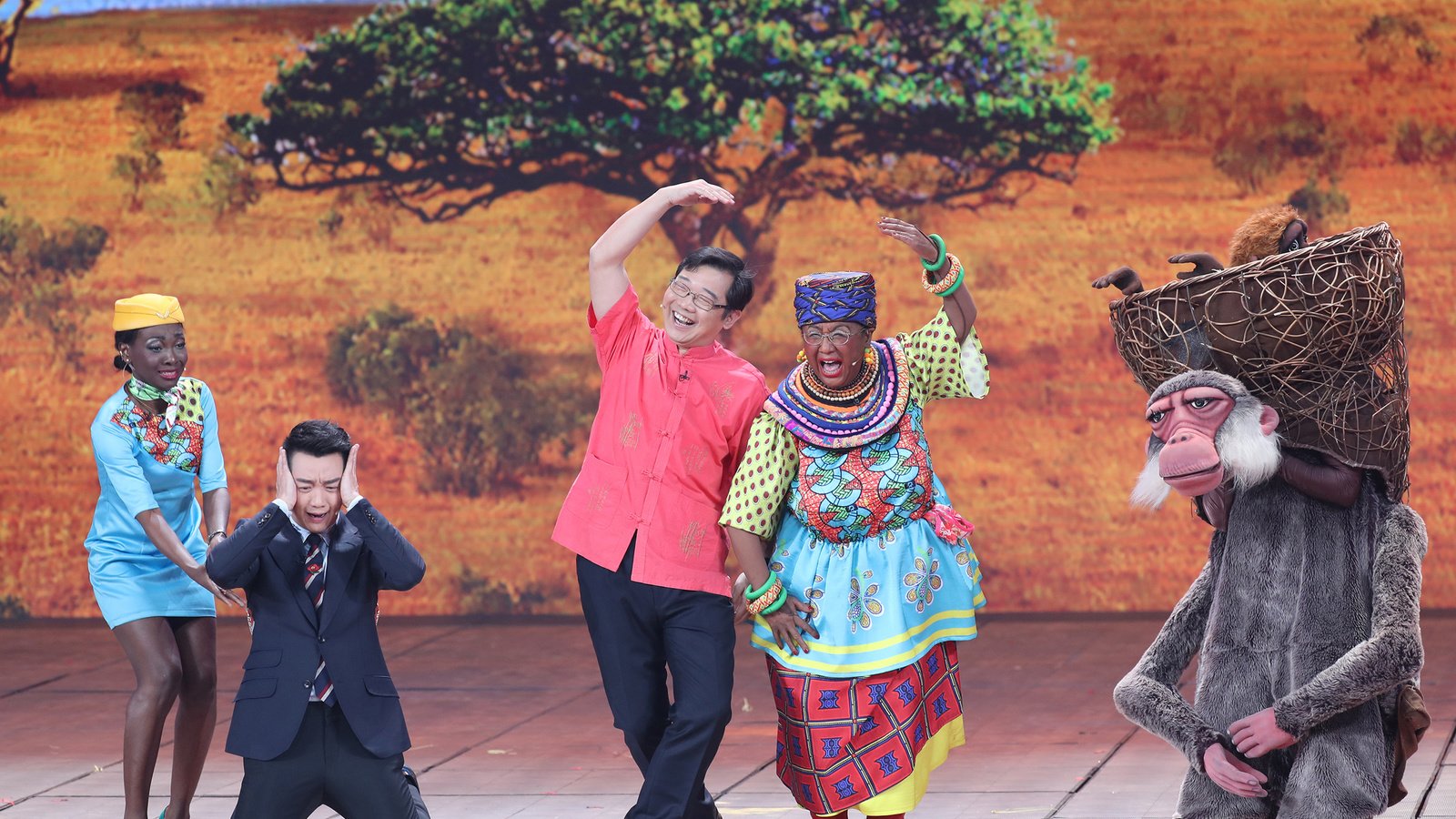The famous voyages of Chinese navigator Zheng He, to the shores of East Africa, can be traced back 600 years ago. These voyages played an integral long-standing relationship between China and Africa. China-African ties have always been a positive, two-way relationship. Both sides have adapted to each other’s policy initiatives and public perceptions.
Chinese trade with Africa is traced back to the middle of the eighth century. It increased reaching its initial peak around the ninth to 10th centuries. Fast forward to the period when African states were fighting colonialism. China forged its place as Africa’s all-weather friend. They were supplying arms and technical training to the revolutionaries.
The presence of China in Africa defies stereotypes and sensationalist headlines. China is a long-time political ally as well as an economic player in Africa. Chinese interests include commerce, defence, diplomacy, and social stability. This also includes natural resources. China is a significant donor of aid. But the reach, size, and form of Chinese aid are disputed and often misrepresented in the media.
Also read: African Cities With The Best Chinese Food
Opinions on China’s engagement with Africa concentrates on China’s gains from these relationships. Especially looking at natural resources and access to markets. Some reports say China’s assistance and development policies have affected African countries. But, popular opinion rarely looks at Chinese-African relations as positive. The relationship has both sides adapting to the other’s policy initiatives and perceptions.

Chinese in Africa. [Photo: Council On Foreign relations]
China’s Economic Position
China needs to sustain its manufacturing industries. It needs a constant supply of raw materials. It has a strong manufacturing sector and a larger market. This necessitates consistent resource and product supplies to maintain operations and supply. . It cannot run long-term industrial operations without collaborating with other resource-rich markets. such as Africa. Increased demand is putting pressure on China’s domestic commodity and production capacities. Long story short, to maintain a positive growth curve, China needs cheap raw materials.
China is currently well placed to rise. It has a wide domestic and foreign demand, adequate human resources, and a low-wage economy. It has a competitive advantage over other developed economies. As a result, China draws more industries and businesses to its territory. This reallocation has increased FDI inflows into the economy. It has strengthened the country’s status. It is now a global leader in manufacturing activities, surpassing the United States
Africa’s Economic Position
Africa is a less developed region with enormous resource and commodity potential. It is facing financial, infrastructural, and technical problems. But, China’s economy is more prominent in that area, making a joint partnership a good idea. China’s technological expertise and industry knowledge can assist Africa. It can help in developing a viable industrial economy. Meanwhile, African raw materials and production capacity can help China’s manufacturing sectors.
What are China’s and Africa’s goals?
Africa provides China with a significant part of its economic resources and commodities. Private companies in the mining and agricultural sectors are also present. The resources and commodities produced are used to feed the country’s industries. In return, African private companies import manufactured and technical products from China. Financial investment in the form of loans finances infrastructural projects in Africa. This reduces budgetary burdens. China is Africa’s most important trading partner. It accounts for one-quarter of the continent’s trade. In the last two decades, China’s energy consumption has doubled. It purchases at least a third of African crude, mainly from Egypt, Libya, Tunisia and Nigeria.
Apart from oil, African countries provide a host of other natural resources. Coal from South Africa, iron ore from Gabon. There are timber products from Equatorial Guinea, and copper from Zambia. In support of small and medium-scale sectors, local exporters export primary resources. They import consumables such as textiles, pharmaceuticals, technical systems, and telecommunications in exchange.
China has focused on four primary geopolitical interests on the African continent. First, access to natural resources, oil and gas. China is expected to import more oil globally than the United States. China is actively investing in oil in Sudan, Angola, and Nigeria to ensure future supply.
Secondly, investments in Africa. A large market for Chinese exports helps China’s efforts to restructure its economy. As labour costs rise in China. China is also keen to get political legitimacy. The Chinese government believes that improving ties helps China expand its global influence. The majority of African governments have stated support for China’s “One China” scheme. This is a requirement for receiving Chinese aid and development.
Finally, China has pursued a more proactive position in the region. They contribute to regional stability. This in part reduces security-related risks to China’s economic interests.
What are the goals of African governments?
African governments look to China for political recognition and legitimacy. They also look for help, investment, infrastructure growth, and trade to help them grow. Many African leaders hope China will engage with them in ways the Western governments do not. For example, by engaging economically without political strings relating to good governance. Or them investing in high-risk projects in remote regions. Regions that are not attractive to Western governments or companies. Some Africans aspire to emulate China’s rapid economic growth. They believe that their countries will learn from China’s recent experience of overcoming poverty.
What Has Africa’s Reaction Been to China’s Involvement?
African officials are largely optimistic about China’s position in Africa. They praise China’s focus on government-to-government contracts with few if any conditions. Many African leaders claim that China has more altruistic motivations than Western governments. African leaders applaud China’s contributions to their countries’ infrastructure. Praising visible changes that contribute to increased economic growth. Promoting local job development, improvements to highways, rails, bridges, and other transportation networks. All of which favours ordinary people although indirectly. These are developments that western countries have not previously made. Take, for example, the road network development that is going on in Zambia.
However, some Africans are critical of China’s involvement. Chinese companies are criticised by trade unions, civil society organisations, and other sectors. This for inadequate working conditions, unsustainable environmental policies, and job displacement. According to good-government watchdogs, China negotiates unequal deals taking advantage of governments’ vulnerabilities. This fostering corruption and inefficient decision-making. These watchdogs claim China maintains a neo-colonial alliance with Africa. One where Africa provides raw materials in return for finished goods. Demonstrations and aggression towards Chinese business people and migrants have occurred in some countries. This is due to criticism of Chinese business practices.
Also read: Ol Doinyo Lengai, Tanzania’s Mystical Stratovlcano Christened The ‘Mountain Of God’
What Has China Done to Accommodate Africa’s Reaction?
Beijing has changed its policies to appease fears and restore a peaceful relationship. There is more focus on “sustainability” in the economic and trade ties. The fostering of Chinese global influence, culture, and people-to-people exchanges. There is participation in the stability and security of conflict-prone areas in Africa. Such changes represent a recognition that negative implications must be addressed. Beijing’s changes may be beneficial to both China and its African allies. Closer cultural relations and ambitions are likely to increase public support for China. This will allow Investment opportunities to continue. As well as generating income, contributing more to local job creation and economic growth.








